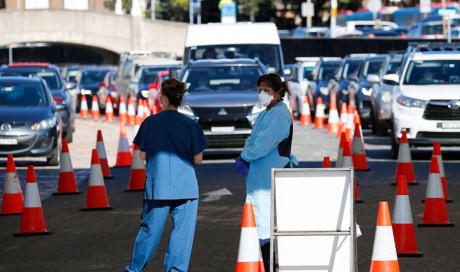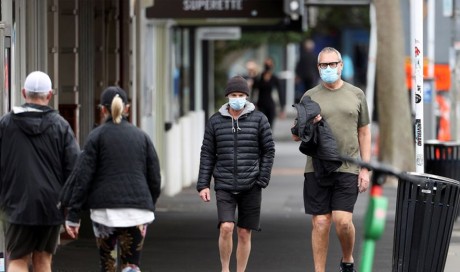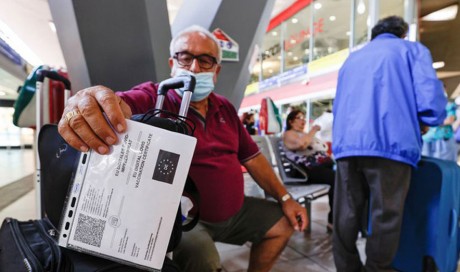A global treaty to curb climate change is poised to officially come to life, with enough countries joining the agreement this week to cross a key threshold.
On Wednesday, the European Union and seven of its member states officially signed onto the climate accord, first reached in Paris this past November. The move came a day after the European Parliament voted in favor of ratifying the Paris pact. That vote paved the way for EU member states to do the same, and several of them, including Germany and France, adopted the agreement today.
The European backing means the Paris agreement will have been adopted by more than 55 nations totaling more than 55% of greenhouse gas emissions—the level required for it to take effect. Although 195 countries endorsed the sweeping agreement in Paris, each country then needed to go through its national process of approving the deal and then officially tell the United Nations they would abide by it. That’s what is happening now.
“With the action today by the European Parliament, I am confident that we will be able to cross the 55% threshold very soon, in a matter of a few days,” United Nations Secretary-General Ban Ki-moon said after the vote.
The Paris deal sets a global target of slowing the flow of greenhouse gases into the atmosphere and holding temperature increases during this century to well below 2°C. Each country has submitted a detailed plan explaining what it will do to help reach that goal.
The Paris climate deal is entering into force much faster than previous deals such as the Kyoto Protocol in the 1990s, which took 7 years to get from drafting to final enactment, says Eliza Northrop, an international environmental lawyer at the World Resources Institute, a nonprofit think tank in Washington, D.C. “I wasn’t anticipating it would happen as quickly as it happened,” she says.
The joint U.S.-China pledge in early September to officially sign the agreement helped spur other countries, Northrop says. India, another major player in climate politics, approved it on 2 October. New Zealand joined Tuesday, and Canada is expected to follow suit later this week.
The impending U.S. presidential election also added urgency, with other countries hoping to ensure a change in government doesn’t imperil U.S. involvement, says Alden Meyer, the Washington, D.C.–based director of strategy and policy for the nonprofit Union of Concerned Scientists. Under the agreement, once a country has adopted it and it has taken effect, the country must wait at least 4 years to withdraw. “A lot of countries would like to see the U.S. committed before Obama leaves office,” Meyer says. “It’s a bit of a hedge against the political uncertainty.”
The achievement also comes just in time for many of the world’s governments to start figuring out how to implement the deal, when they gather in Marrakesh, Morocco, 7 November for an annual U.N.-backed climate change summit. It’s the first meeting since the pivotal Paris conference. The climate deal takes effect 30 days after hitting the two “55” targets, so it needed to happen by 7 October in order to coincide with the start of the meeting.
Discussions about how to implement the deal have already begun. But in Morocco, with the agreement in place, countries will begin creating a formal plan for moving forward.
There are a dizzying number of details. Among other things, countries must settle on common methods for measuring and reporting their greenhouse gas emissions, how those results will be audited to ensure countries are meeting their promises, how money will be provided to developing countries to help them hold down emissions, and what political mechanism will prod countries to strengthen their goals in the future.
The negotiations will touch on politically sensitive questions, such as how much leeway individual countries are willing to give outside auditors, and how countries will be pushed to live up to their goals. A recent study suggested the United States would have a hard time meeting its targets, and studies have shown the commitments made by individual countries as part of the Paris deal aren’t enough to stay below 2°C of global warming, the level many scientists consider more manageable. “There’s some tough issues to work out over the next couple years,” Meyer says.
Share This Post















